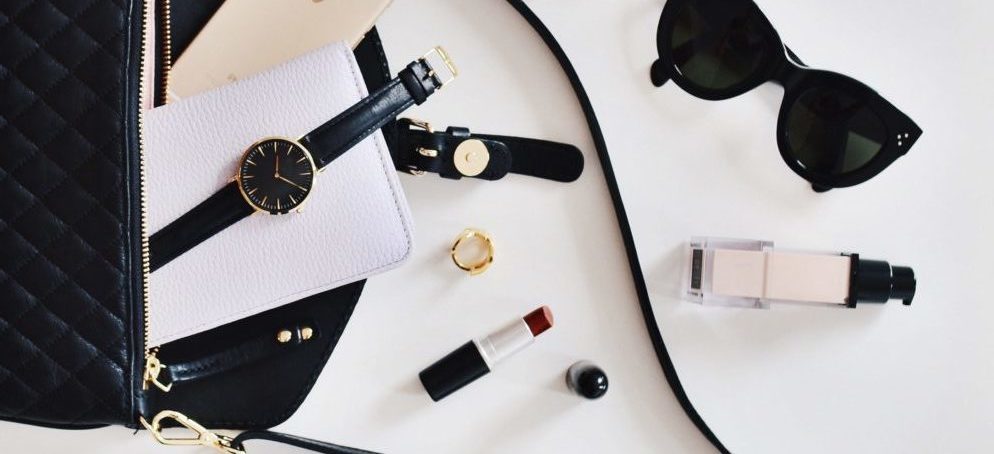
Do British luxury brands need to worry about French and Italian competitors?
To understand where the luxury brand power base currently exists, let’s first consider the list of ‘best global brands’ created by branding gurus Interbrand. Scanning the top 100 for UK luxury leaders, only Burberry is visible at #86. Also in the 100 are Louis Vuitton (#19), HERMES Paris (#32), Gucci (#51), Cartier (#65), Tiffany & Co (#81) and Prada (#94).
Interbrand’s ‘ranking’ methodology is bespoke. They say:
‘There are three key components to all of our valuations: an analysis of the financial performance of the branded products or services, of the role the brand plays in purchase decisions, and of the brand’s competitive strength.’
It’s possible that this list favours ‘biggest is best’, which may not provide a meaningful correlation to luxury brand appeal.
Looking at this from another perspective, turning to a methodology which focuses on social media engagement (700 million posts across over 80 countries) courtesy of The NetBase Brand Passion Report 2016, there is a less favourable outcome for Brand Britain.
Where’s the UK? Only Burberry features in the top 15 at #12, in a list dominated by our French and Italian competitors.
We asked our Oban LIMEs for their views. LIMEs are our Local In-Market Experts, over 450 in number, who provide on the ground expertise in international digital marketing from a truly culturalised perspective.
Anton, our LIME in Moscow, responded:
“I’m afraid the UK is not connected to luxury in the minds of average Russians. Luxury for us is France (perfume), Italy (clothes), Germany (cars), Japan (electronics), Switzerland (watches), US (software). But Britain? Nope. Music and football.”
It is worth noting though that Anton is referring to ‘in-market’ Russians, not necessarily the ultra-high net worth buyers who seek out London’s best property and most expensive luxury goods.
Looking at Thailand, Bangkok-based LIME, Narut says:
“Actually, in Thailand, British luxury brands are well-known but not as popular as luxury products from Italy or France. Well-known British luxury brands include Burberry, Mulberry, Alexander McQueen, Vivienne Westwood and Jo Malone.”
Anton in Russia adds:
“The first challenge is that British luxury brands are relatively unknown. They have to fight an uphill battle for share of voice in the Russian market. Second, the UK is not perceived as a source of quality. When Russian consumers look for premium, they choose Italian, French and German goods.’
One more data source to consider. The PMXC agency’s 2016 report leverages a variety of metrics like site visits, brand searches and social media interactions to better understand reach and consumer engagement within the luxury apparel market from a digital marketing perspective.
The core finding illustrates a classic ‘Pareto’ market, where the top 10 luxury brands account for nearly 80% of total luxury market share. The leading brands are Ralph Lauren, Michael Kors, Coach, Louis Vuitton, Gucci, Chanel, Burberry, Hermès, Louboutin and Versace. By their metrics, Burberry occupies a respectable 7th place in online market share although it is comfortably overtaken by Louis Vuitton, Gucci and (closely) by Chanel.
In a market seemingly dominated by our evidently more successful European brethren, does this mean doom and gloom for British luxury goods?
We looked for further feedback from our Oban LIMEs. Sun from South Korea says:
“In general, ‘British’ means high quality and upmarket authenticity, as people in South Korea associate a British label with heritage and tradition. However, many British brands are not currently recognized as ‘British’ in South Korea. British brands need to make the most of the association with the ’British’ label to improve awareness and popularity amongst local consumers.”
And this from Indira in Mumbai:
“Local perceptions of British Luxury brands are very positive in India. People trust British and American luxury brands even more than native brands.”
Indira’s view is echoed by Alicja from Krakow:
“In Poland, consumers perceive British shoes and clothes to be of very high quality. This is particularly notable over the likes of Italian counterparts.”
So, market opinion on British luxury goods varies dramatically – making market selection a key marketing decision for UK luxury brands seeking international growth.
For further information, please read our comprehensive report.